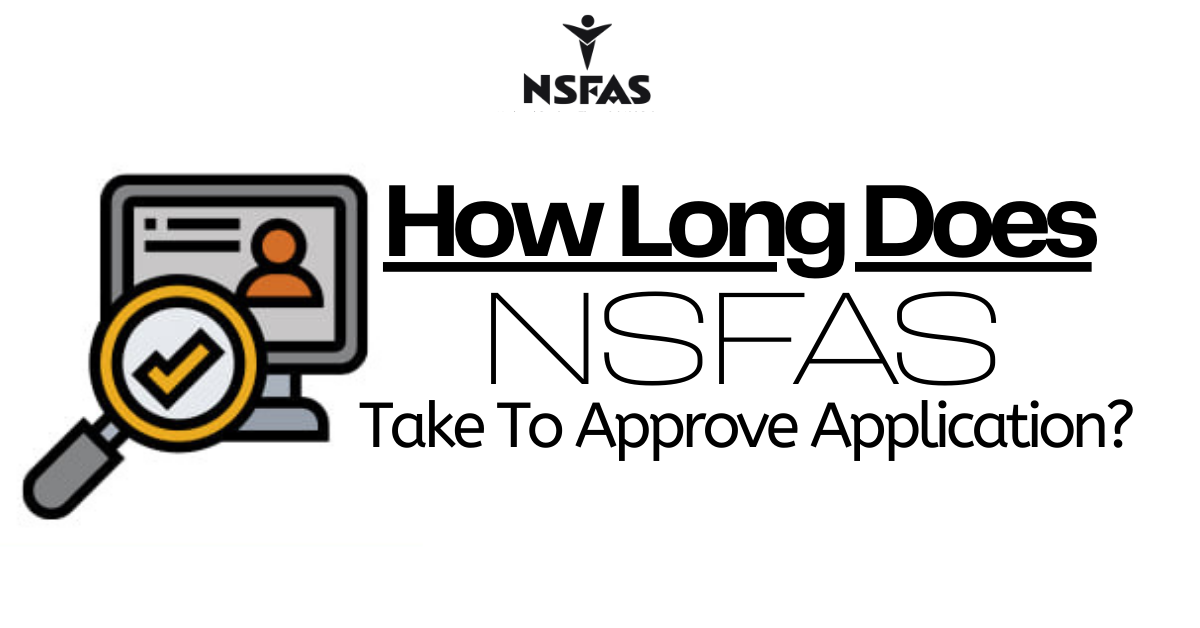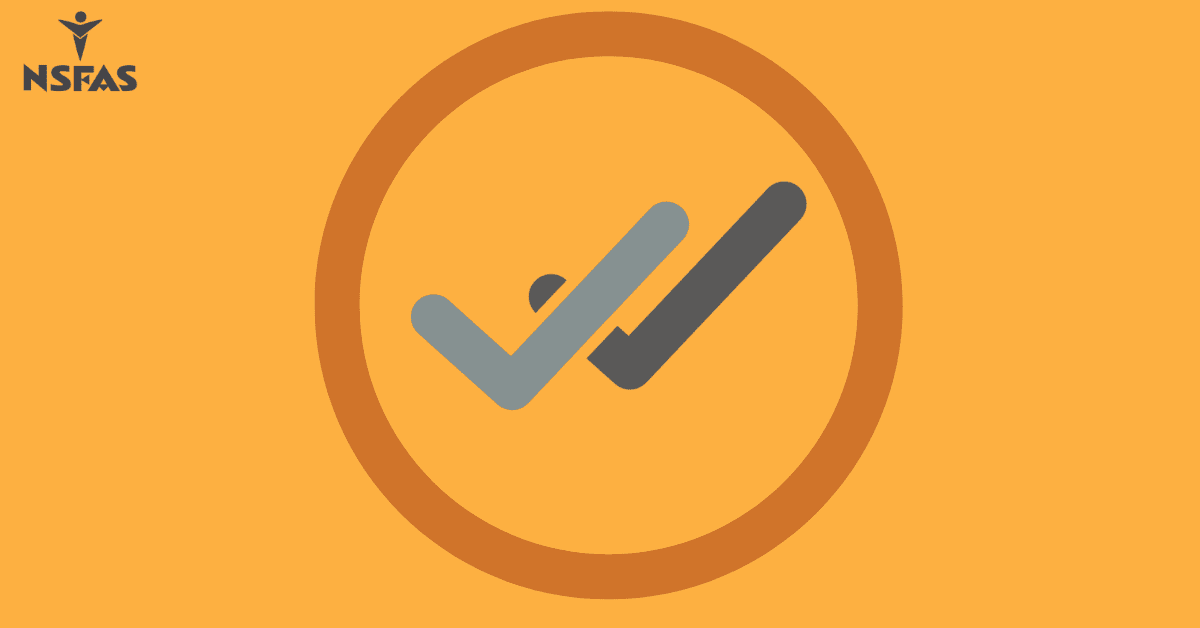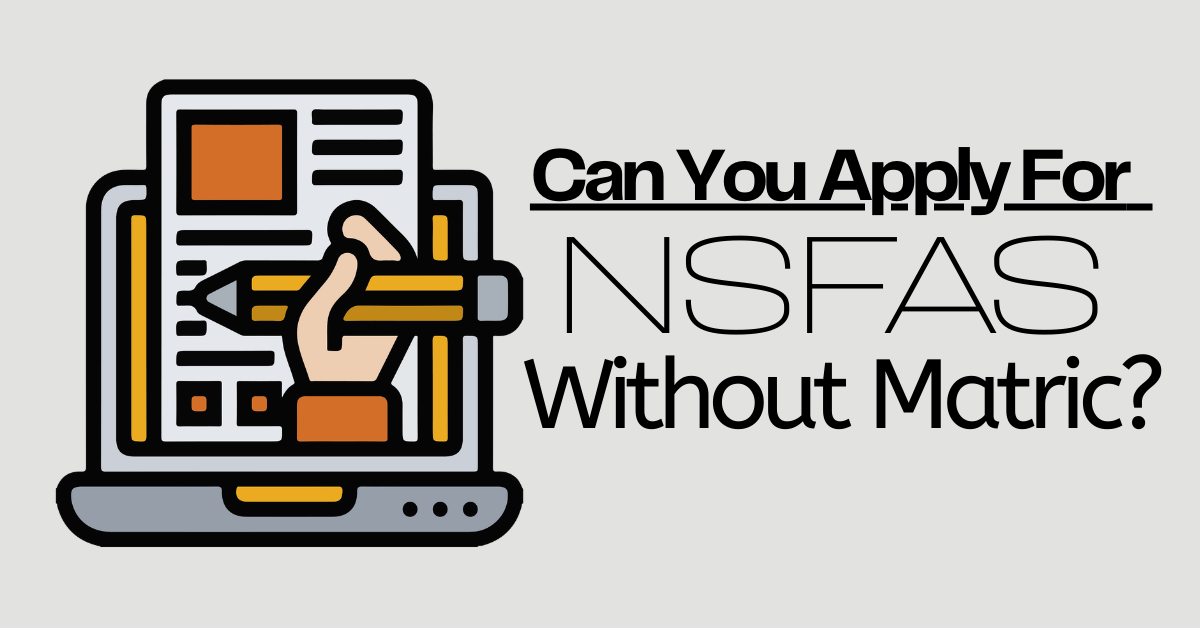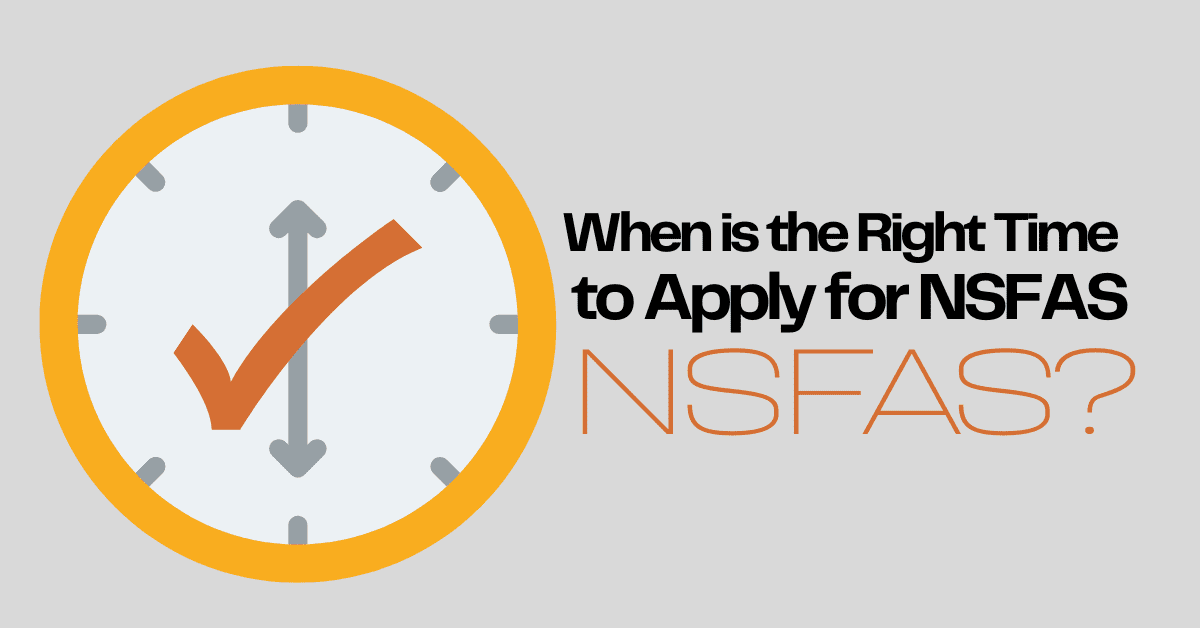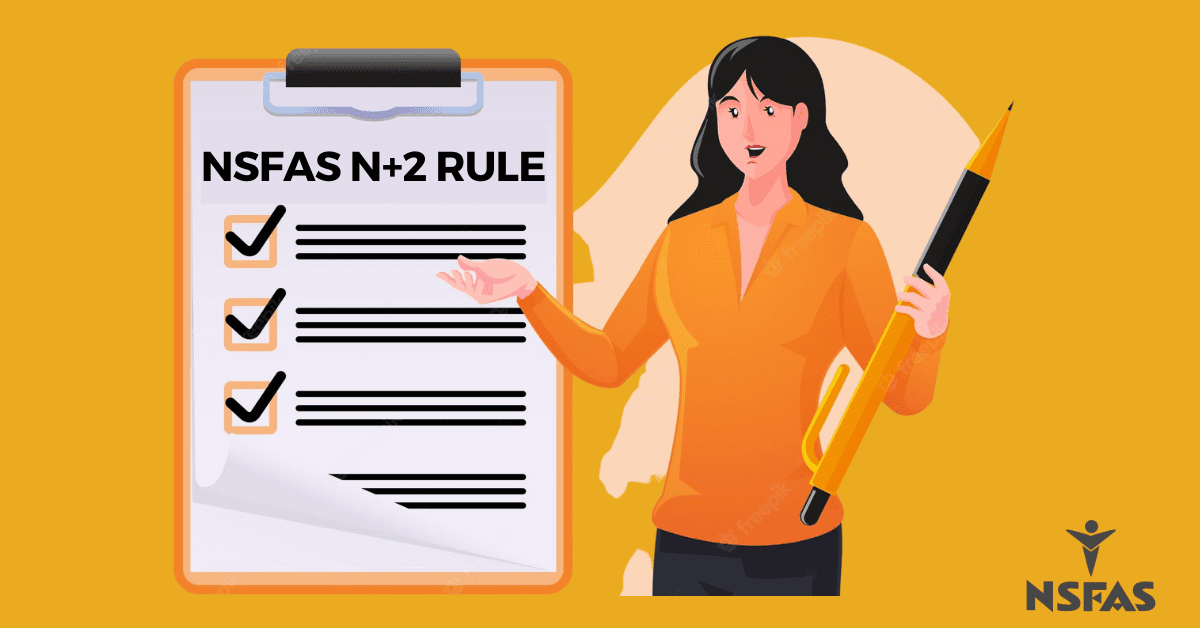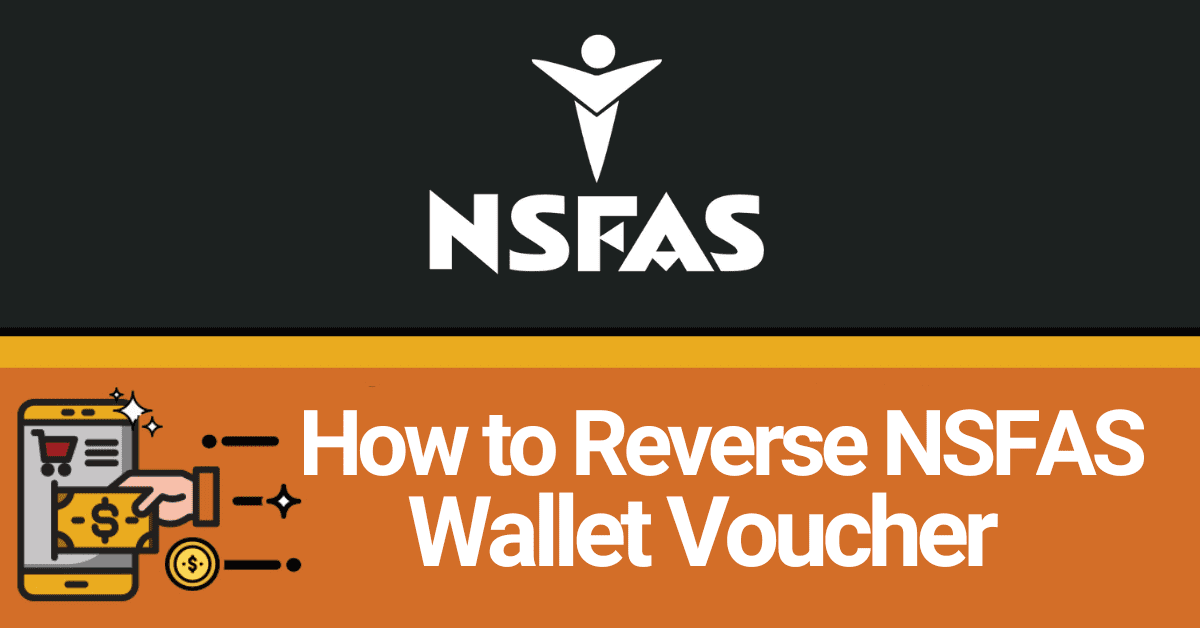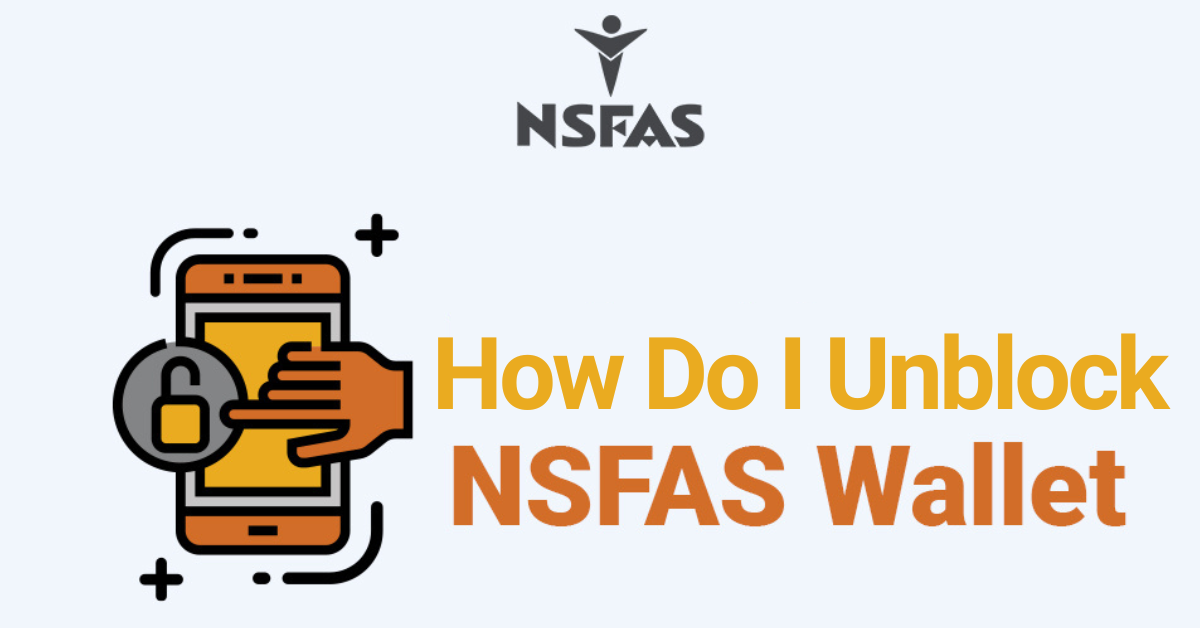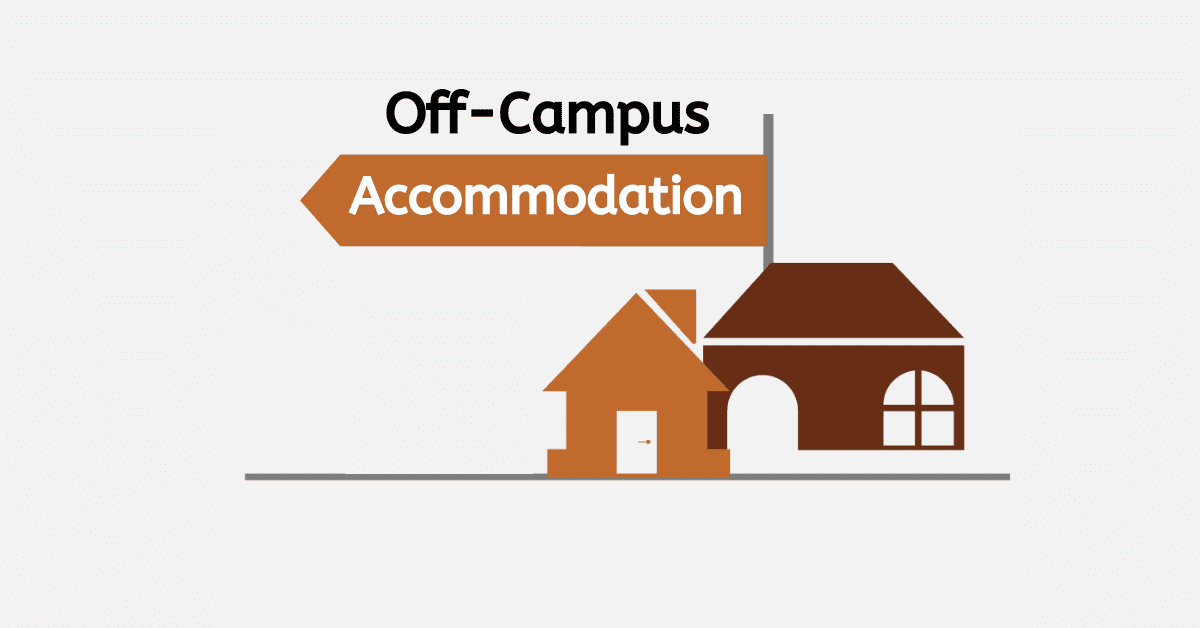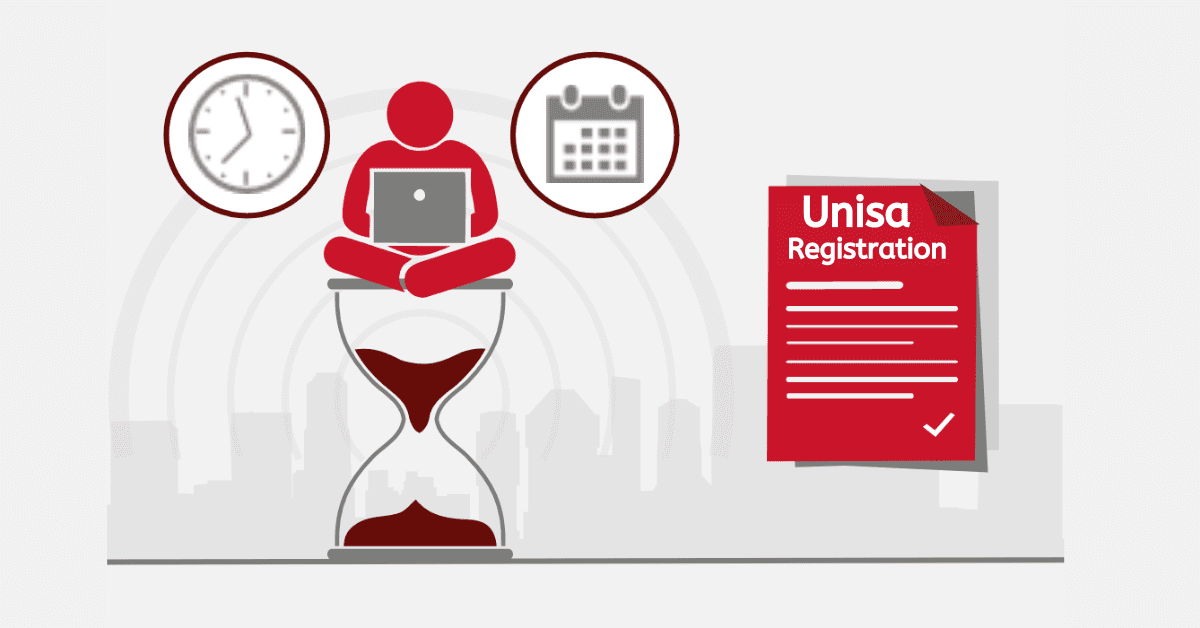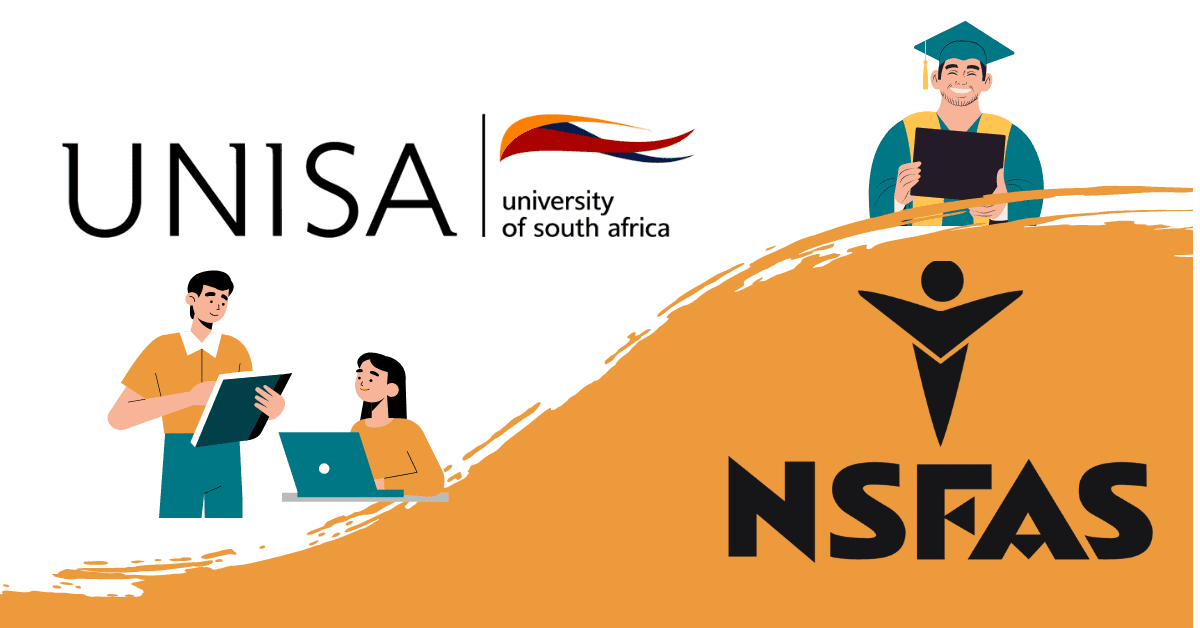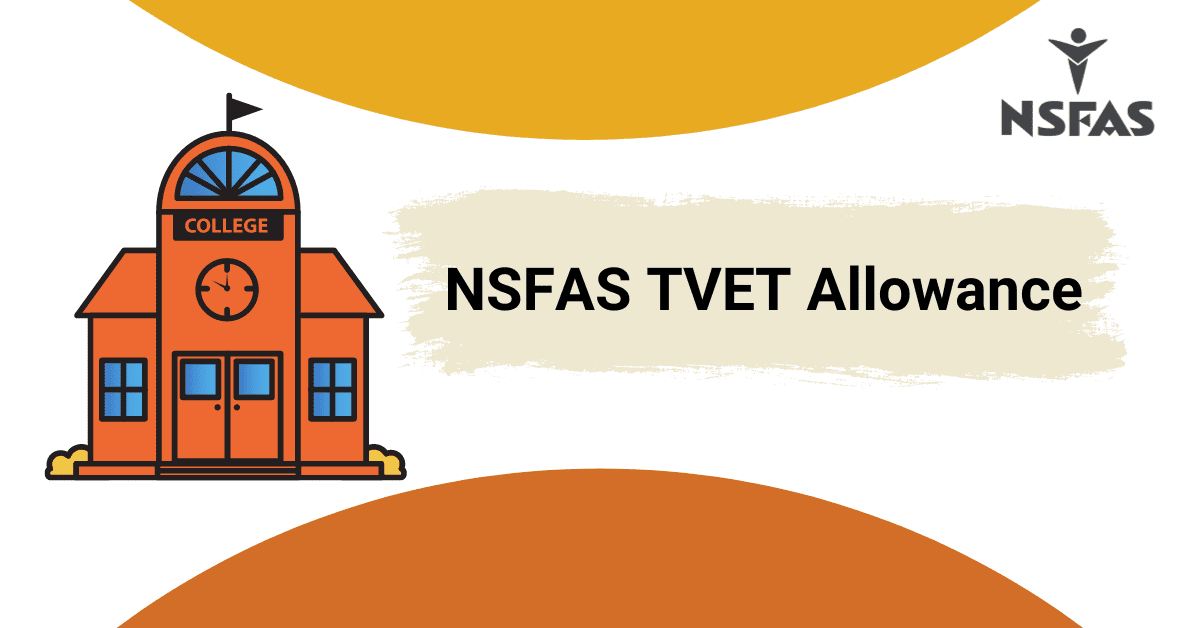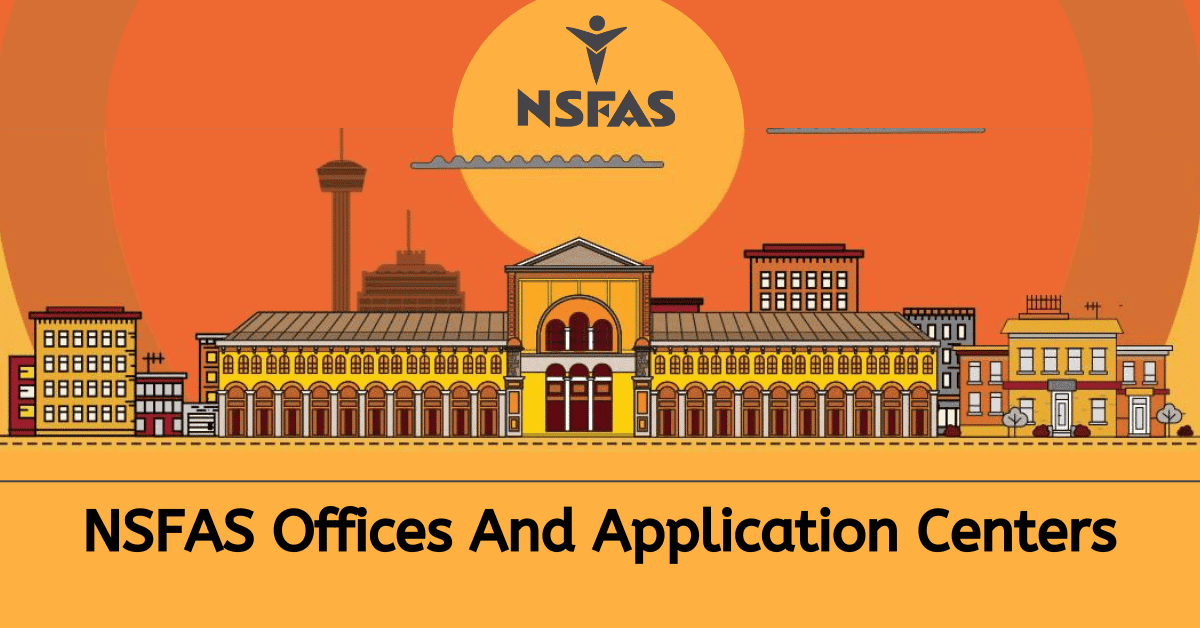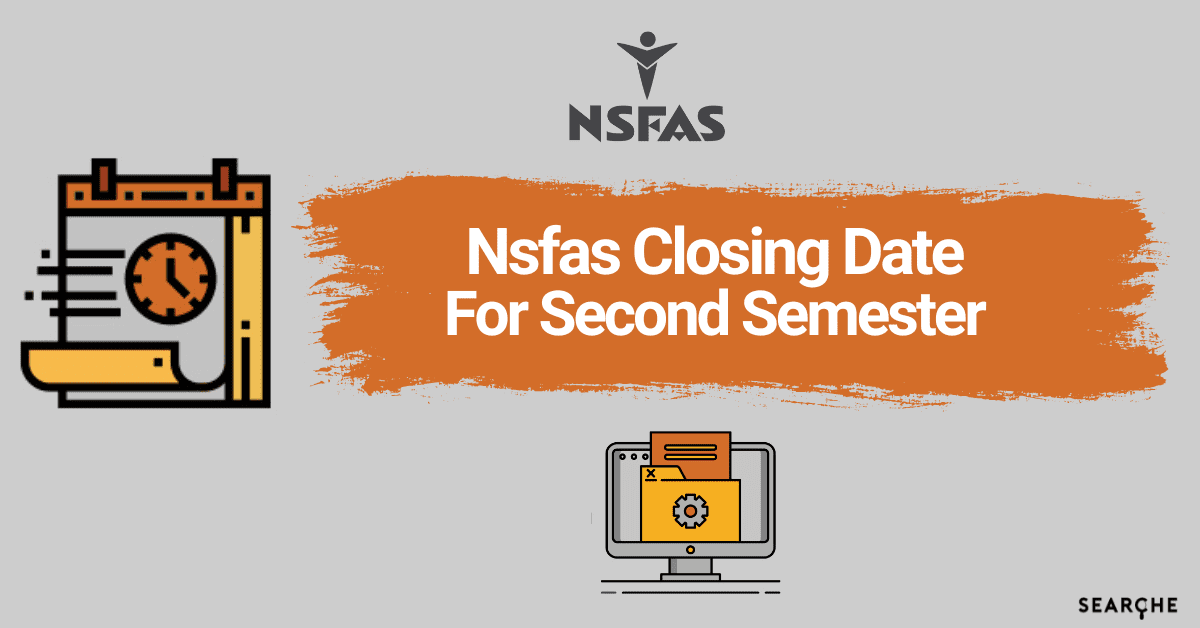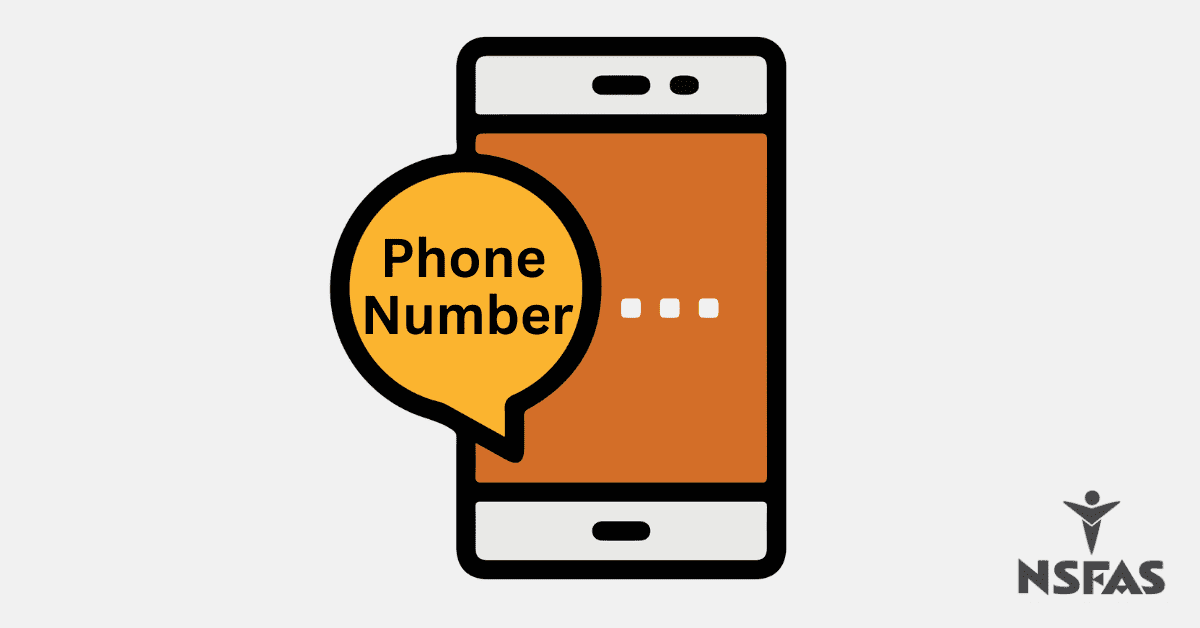If you’re applying for financial assistance from the National Student Financial Aid Scheme (NSFAS), the household income check will be a key part of whether or not you meet their criteria and get approved. Today we’re going to look at everything you need to know about this critical part of the application process and how to make sure your application goes as smoothly as possible.
How Does NSFAS Check Household Income?
Let’s look at how NSFAS checks household income. Firstly, it’s very important to understand that NSFAS uses gross household income. This amount must not exceed R350,000, or R600,000 if you are a person with disabilities. Also, if you are already the recipient of a SASSA grant (other than the R370 grant), you will automatically be financially eligible, as they are already tracking your household income.
The NSFAS household income check starts with the application form you’ve filled in. Here you provided information about your household income, assets, and other relevant financial details, which they will use to screen if you meet the eligibility criteria. Additionally, you are required to submit supporting documentation to prove the amounts you have listed, such as salary slips, bank statements, and possibly tax returns. They will scrutinize these to check for fraud.
Next, NSFAS will conduct a means test to assess the financial need of applicants. This test considers factors including overall household income, the number of dependents in the household, and your financial obligations. In other words, to test how well existing household income serves the needs of family members and how far it ‘stretches’. The means test will be used to determine the level of financial assistance a student is eligible for.
Lastly, NSFAS will cross-reference the information provided with other government databases and sources to verify the accuracy of your reported household income and make their final decision. This involves checking with government agencies like SASSA and the Department of Home Affairs, employers of working individuals in the home, banks, and other relevant institutions to ensure the information they hold aligns with your reported financial situation.
What Is The Maximum Household Income For NSFAS?
In order to be eligible for funding by NSFAS, your entire gross household income must be less than R350,000, or R600,000 if you are a person with disabilities. Remember, this isn’t the amount which you earn, or even just that which your parents earn. It covers every member of the family, whether they work formally for an employer for wages or a monthly salary, has their own business or shop, or work part-time and temporary jobs. It also considers passive income like shares held, dividends or pensions received, or money you make from renting a home.
How Much Should My Parents Earn To Qualify For NSFAS?
You or your parents do not have to earn anything specific for you to qualify for NSFAS. As NSFAS aims to assist students from low-income households who are unable to afford to fund the cost of higher education themselves, they only set upper-income limits (as we mentioned, R350,000 or R600,000 for students with disability) for your household. You or your parents can be unemployed and still successfully apply for an NSFAS bursary. In fact, if your household is relying on SASSA grants to help you live, you will automatically be deemed to have passed the financial eligibility test, as you are exactly the sort of person they are trying to assist to better their prospects through education.
Does NSFAS Look At Gross Or Net Salary?
NSFAS will consider your gross income, rather than your net salary, when assessing financial need. Gross income refers to the total income earned before deductions such as taxes and other contributions. Remember that it isn’t just your income they will consider- it is all sources of income throughout your entire household.
NSFAS focuses on the total income earned by all members of your household when they evaluate financial eligibility. Again, this doesn’t just mean formal numbers on a payslip or wages paid to you weekly. It also covers entrepreneurship and business income, informal employment, part-time work or contract work, and income from things like rentals and dividends.
By considering gross income, NSFAS aims to assess the overall financial capacity of the household and how well provided for all members of the household are by what they earn. While net income may have a stronger effect on your day-to-day life, it can paint an inaccurate picture of your current financial standing through aspects like tax deductions and incentives.
While it may be tempting to not declare ‘under the table’ income to NSFAS, remember that they don’t just take your word for it- they conduct a series of rigorous third-party checks with a variety of institutions to prove what you declare. It is always worth being honest on your application.
